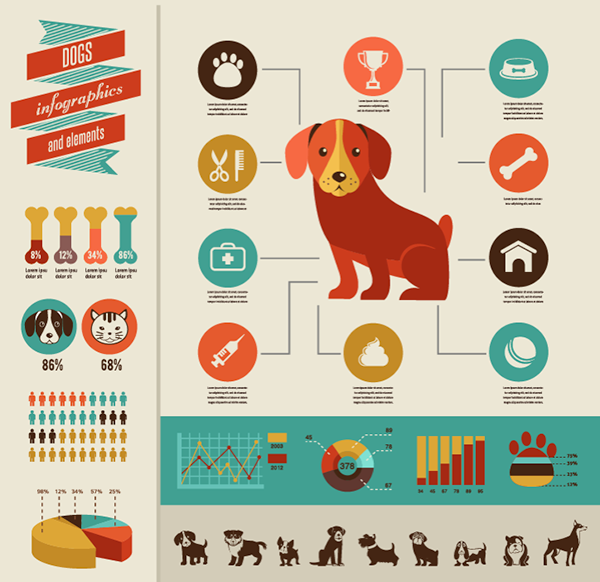Canines in day care get lots of workout, socializing with other dogs and one-of-a-kind experiences. This can be specifically valuable for puppies and pets with behavior problems.
There are several legal factors to consider you require to take into account when starting a doggy day care service. These consist of the framework of your business and compliance with government policies.
1. Dog Distemper
Canine distemper is spread out via straight contact with the physical liquids and waste of a contaminated dog, but it can also be transferred through shared water and food bowls or with air-borne beads. This very transmittable illness is most dangerous for puppies, but it can impact canines of any type of age and is fatal for a lot of if left unattended.
First signs and symptoms of canine distemper often mimic a common cold, including runny eyes and nose with watery or pus-like discharge. As the disease progresses, a canine will develop fever, coughing, decreased appetite, vomiting and diarrhea. The virus can also attack the nerves, causing seizures, shivering and partial or full paralysis.
Reputable daycares reduce direct exposure to infection by calling for inoculations, regular health examinations and comply with stringent hygiene procedures. If your pup seems overly weary or hopping, a day off might assist him recuperate, but you should avoid taking him back to childcare till these signs and symptoms improve.
2. Kennel Cough
Kennel cough, also known as transmittable canine tracheobronchitis or Bordetella, is a very transmittable viral or bacterial disease that affects the respiratory system. It's frequently transferred through the exchange of saliva or air droplets that an unwell pet breathes out. Social canines are at higher threat for infection as a result of their regular interaction with one another, such as when they play, share food or water, smell each other or just meet in a crowded setting like a pet park or day care.
The most common signs and symptom of kennel coughing is a consistent and forceful coughing that seems like something stuck in the throat or retching. Frequently, dogs will certainly spend frothy white phlegm. If left untreated, a pet can establish pneumonia and be at serious threat forever.
A respectable daycare center must have stringent cleaning and hygiene procedures, sanitize all playthings, food and water bowls frequently, and be open about their inoculation plans. Keeping your pet as much as date on their inoculations, particularly for bordetella and canine influenza, will substantially minimize their chances of getting the health problem.
3. Parvovirus
Canine parvovirus, or parvo, is a highly transmittable viral disease that can be fatal for pups and young adult dogs with inadequate immune systems. It's most generally spread out by direct contact with polluted dog feces-- which can take place when canines smell, lick, or preference infected feces-- and indirectly from infected people, things, or atmospheres (like kennels, grooming spaces and lawns). Pups and canines without full vaccination backgrounds are particularly susceptible to parvo.
The infection is extremely resistant, making it through in the setting for as much as 9 years, and can quickly be transferred between dogs by get in touch with through feces or on footwear, clothing, and bed linens contaminated with parvovirus. Otherwise treated quickly with IV fluids, electrolyte equilibrium, vomiting control drugs and antibiotics to stop secondary microbial infections, a dog will quickly dehydrate and establish extreme diarrhea, which brings about shock and sepsis. Parvo is hard to cure as soon as a dog has actually become ill, however with appropriate veterinary treatment, many young puppies do survive this health problem.
4. Pooch Influenza
Pooch influenza infection is highly infectious and spreads via direct get in touch with, sharing food and water bowls, licking or nuzzling other canines, via airborne beads, and via contaminated surface areas. Vaccination is effective in minimizing the risk of infection and break outs.
The majority of affected pet dogs develop a moderate respiratory system infection with a cough that lasts 1-3 weeks. They may additionally have nasal and ocular discharge, sneezing, and lethargy. Several of the most major instances result in pneumonia and a high fever.
If your canine shows any of these signs, do not bring them back to childcare until they are healthy. If your pet dog is showing signs of severe exhaustion or limping, speak with your veterinarian right away and ensure they get on good health best dog boarding supplements to help develop their resistance. A veterinarian will certainly examine your pet dog for signs of the influenza by taking a sample from the nose or throat, and blood tests can be done to confirm.
